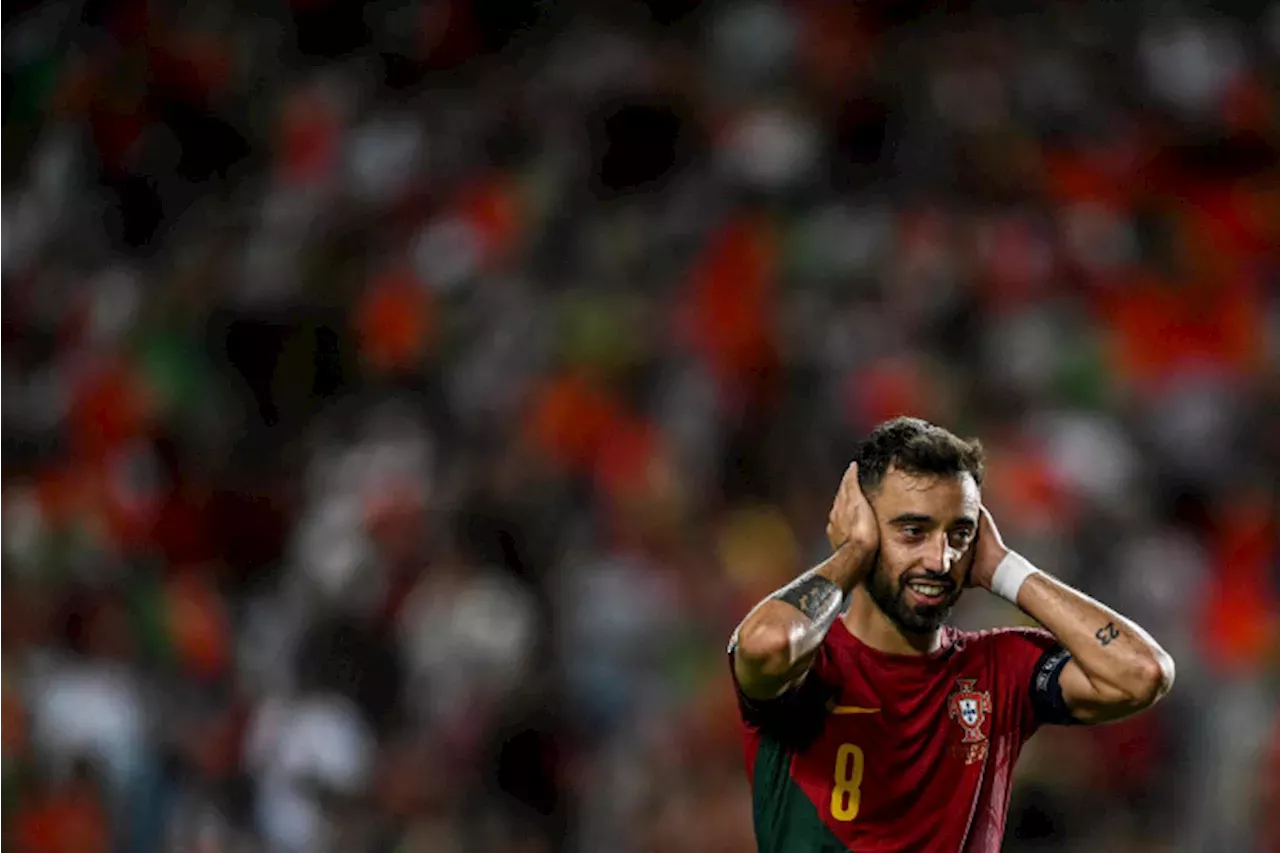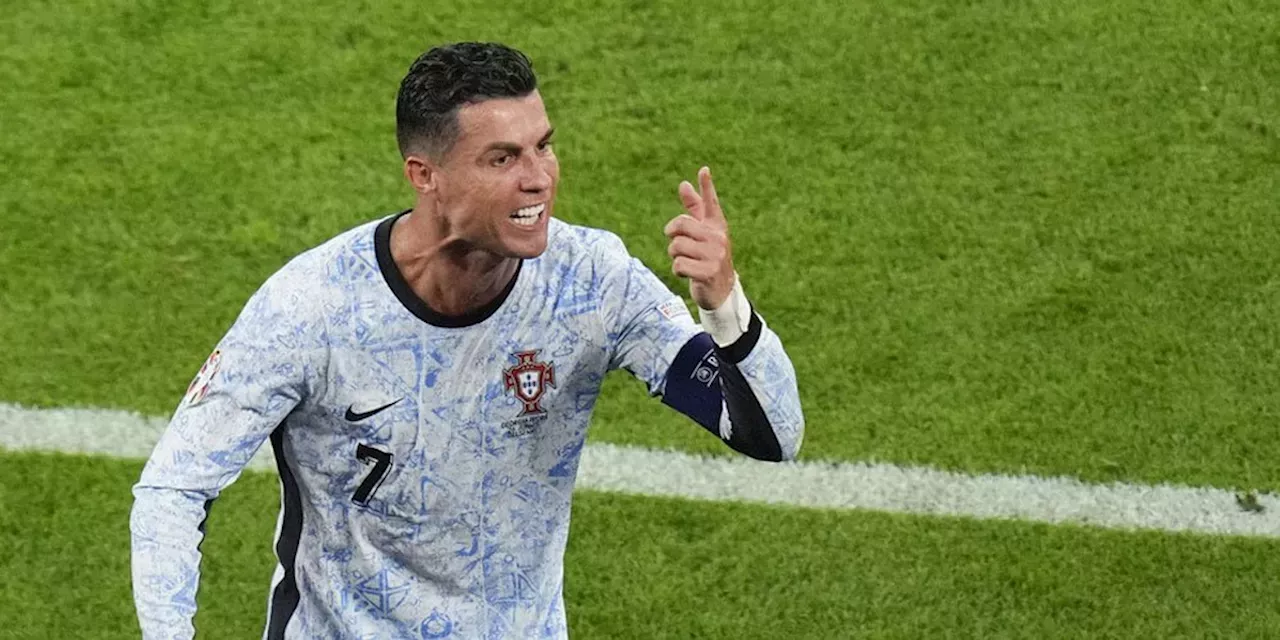Historical Context and Background
:strip_icc():format(jpeg)/kly-media-production/medias/4878956/original/004314900_1719676711-Euro_2024_-_Portugal_Vs_Slovenia_copy.jpg)
Portugal and Slovenia have a long and complex history, dating back to the Middle Ages. The two countries have been through many ups and downs over the centuries, but they have always maintained a strong relationship.
In the 15th century, Portugal was one of the first European countries to establish diplomatic relations with Slovenia. The two countries signed a treaty of friendship and commerce in 1472, and they have been close allies ever since.
In the 19th century, Portugal and Slovenia were both part of the Austro-Hungarian Empire. After the collapse of the empire in 1918, Portugal and Slovenia became independent nations.
In the 20th century, Portugal and Slovenia were both involved in the Second World War. Portugal remained neutral during the war, while Slovenia was occupied by Nazi Germany. After the war, Portugal and Slovenia became founding members of the United Nations.
In the 21st century, Portugal and Slovenia have continued to strengthen their relationship. The two countries are now members of the European Union and NATO. They also have a strong economic relationship, and they are both popular tourist destinations.
Key Events and Milestones
Some of the key events and milestones in the relationship between Portugal and Slovenia include:
- 1472: Portugal and Slovenia sign a treaty of friendship and commerce.
- 1815: Portugal and Slovenia become part of the Austro-Hungarian Empire.
- 1918: Portugal and Slovenia become independent nations.
- 1945: Portugal and Slovenia become founding members of the United Nations.
- 1986: Portugal and Slovenia sign a treaty on economic cooperation.
- 1991: Portugal and Slovenia establish diplomatic relations.
- 2004: Portugal and Slovenia join the European Union.
- 2009: Portugal and Slovenia join NATO.
Comparative Analysis of Economic and Political Systems

Portugal vs slovenia – Portugal and Slovenia share a rich history and cultural heritage, but their economic and political systems have evolved along different paths. This analysis compares the economic and political systems of Portugal and Slovenia, highlighting their respective strengths and weaknesses, and identifying areas of convergence and divergence in their approaches.
Economic Systems
Portugal and Slovenia have adopted distinct economic models. Portugal’s economy is primarily market-oriented, with a strong emphasis on services and tourism. Slovenia, on the other hand, has a more diversified economy, with a significant industrial sector and a growing technology industry.
- Portugal: Market-oriented economy, strong service sector, high reliance on tourism.
- Slovenia: Diversified economy, strong industrial sector, growing technology industry.
Political Systems
Both Portugal and Slovenia are parliamentary democracies, but their political systems exhibit some key differences. Portugal has a semi-presidential system, with a directly elected president and a prime minister who leads the government. Slovenia, in contrast, has a parliamentary republic, with a president who serves primarily as a ceremonial figurehead and a prime minister who is the head of government.
- Portugal: Semi-presidential system, directly elected president, prime minister leads government.
- Slovenia: Parliamentary republic, ceremonial president, prime minister heads government.
Areas of Convergence and Divergence
Despite their differences, Portugal and Slovenia share some common features in their economic and political systems. Both countries are members of the European Union and the eurozone, which has led to a degree of convergence in their economic policies. Additionally, both countries have a strong commitment to democratic values and citizen participation.
However, there are also areas of divergence. Portugal’s economy is more heavily reliant on tourism and services, while Slovenia’s economy is more diversified. Politically, Portugal’s semi-presidential system gives the president more power than in Slovenia’s parliamentary republic.
- Convergence: EU and eurozone membership, commitment to democracy and citizen participation.
- Divergence: Economic structure (Portugal: services, tourism; Slovenia: diversified, technology), political system (Portugal: semi-presidential, Slovenia: parliamentary republic).
Cultural Exchange and Influence: Portugal Vs Slovenia

Portugal and Slovenia have a rich history of cultural exchange and influence, with deep-rooted connections in art, music, literature, and cuisine. These cultural influences have played a significant role in shaping the identities of both countries.
In the realm of art, Portuguese and Slovenian artists have influenced each other’s styles and techniques. Portuguese painters like Amadeo de Souza-Cardoso and Maria Helena Vieira da Silva were part of the international avant-garde movement and had a profound impact on Slovenian artists like Zoran Mušič and Marko Roth.
Music, Portugal vs slovenia
In music, the fado, a traditional Portuguese folk music, has been widely embraced in Slovenia. Slovenian musicians like Vlado Kreslin and Andrej Šifrer have incorporated elements of fado into their own music, creating a unique blend of traditional and contemporary sounds.
Literature
In literature, Portuguese and Slovenian writers have translated and adapted each other’s works, fostering a cross-cultural dialogue. Portuguese authors like José Saramago and António Lobo Antunes have been translated into Slovenian, while Slovenian writers like Drago Jančar and Milan Kundera have been translated into Portuguese.
Cuisine
In cuisine, Portuguese and Slovenian culinary traditions have influenced each other through the exchange of ingredients and recipes. Portuguese dishes like bacalhau (salted cod) and caldo verde (green soup) have been adopted in Slovenia, while Slovenian dishes like potica (nut roll) and žlikrofi (pasta dumplings) have become popular in Portugal.
Cultural diplomacy has played a crucial role in fostering understanding and cooperation between Portugal and Slovenia. Cultural exchanges, such as art exhibitions, music concerts, and literary festivals, have provided opportunities for people from both countries to connect and appreciate each other’s cultures.
Portugal vs Slovenia was a close match, with both teams playing well. I’m not sure who will win, but I’m sure it will be a good game. In the meantime, I’m going to check out some spaghetti models for beryl.
I’ve heard they’re pretty good. Back to the match, I think Portugal has a slight edge, but Slovenia is a tough team, so anything can happen.
Portugal vs Slovenia was a heated match, with both teams vying for a spot in the next round. The referee, much like the one in the USA vs Uruguay game , had their work cut out for them, making several controversial calls that left fans on both sides fuming.
Despite the drama, Portugal managed to secure a narrow victory, setting up a tantalizing clash in the next round.